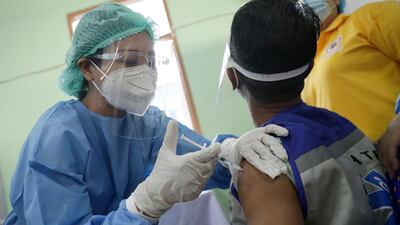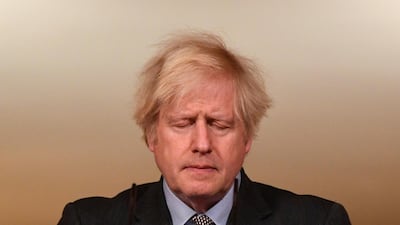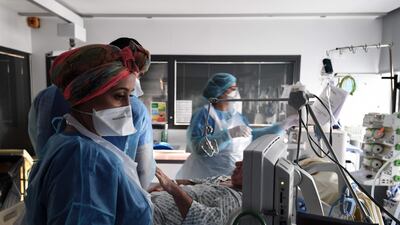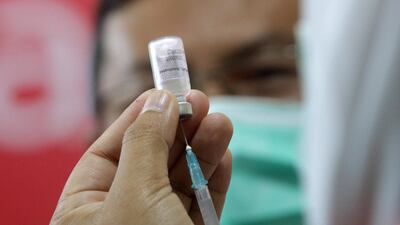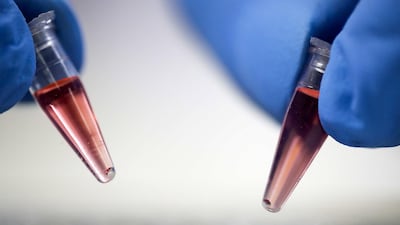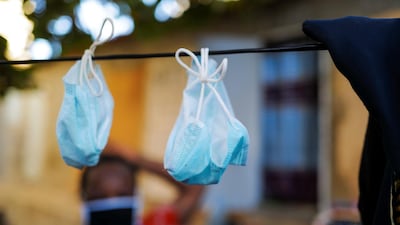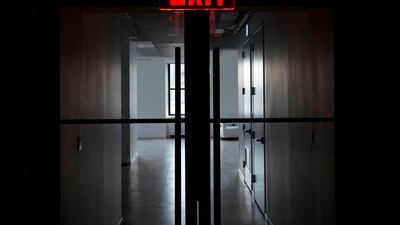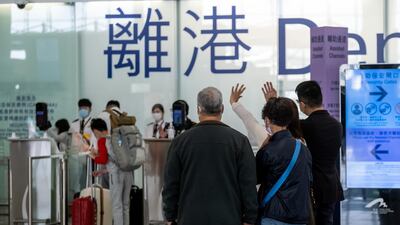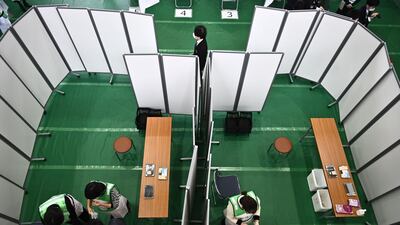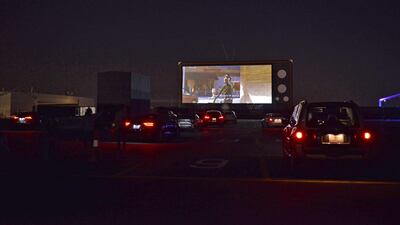Travellers arriving in the UK from high-risk countries will be forced to pay for their quarantine in a hotel.
Anyone arriving in the country from a “red list” of 22 countries will be transferred to a government-approved hotel to isolate for 10 days.
Reports ahead of the government announcement suggested there would be 30 countries on the list, including the UAE.
Instead, the government restricted the measures to "hotspot countries" where new Covid-19 strains have already been identified.
This led to accusations it had not gone far enough to clamp down on overseas arrivals.
Mandatory quarantine was part of a suite of measures announced on Wednesday aimed at limiting overseas travel.
Police will carry out more checks on people supposed to be self-isolating and passengers face a fine if they fail to prove their travel is essential.
Announcing the measures, Home Secretary Priti Patel criticised British social media influencers who had jetted off to "sunny parts of the world", despite the ban on non-essential travel.
"We see plenty of influencers on social media showing off about which parts of the world that they are in, mainly in sunny parts of the world,” she said.
"Even at St Pancras [international railway station in London], people have been turning up with their skis, which is clearly not acceptable.”
Prime Minister Boris Johnson said he tightened border controls to protect the UK's vaccination programme from new variants of the virus, while again expressing his sorrow over the country's high Covid-19 death toll, which surpassed 100,000 on Tuesday.
Another 25,308 new Covid-19 cases and a 1,725 further deaths were reported on Wednesday, bringing the total death toll to 101,887, the fifth highest in the world.
“A new variant anywhere poses a potential threat everywhere,” Mr Johnson said.
The announcement came after Mr Johnson said he would publish the government’s lockdown exit strategy by mid-February. He said schools in England would not be allowed to open until March 8 but indicated that pupils returning to classrooms would be “the first sign of normality” returning.
As the prime minister addressed the House of Commons, a bomb disposal unit was sent to a factory in Wales where doses of the AstraZeneca/Oxford University vaccine are made, after a suspicious package was found.
The bomb scare came amid an ongoing dispute between AstraZeneca and the EU, after the bloc claimed that the pharmaceutical company was selling vaccine doses to the highest bidder and demanded it supply the continent with UK-made doses to make up for a shortfall in deliveries.
The plant was evacuated while police investigated the package.
Addressing the need to safeguard the country's vaccination programme from overseas Covid-19 variants, Ms Patel said anyone without a valid reason to travel would be directed to go home or be fined.
"The government's focus is on protecting the world-leading vaccine programme and the risk of a new strain coming into the country," she said. "It is clear that there are still too many people coming in and out of our country every day."
Most overseas visitors from these countries on the red list were already barred from entering the UK. It will apply to people coming from most of South America, southern Africa and Portugal, amid concern over new variants of the virus.
Some experts have said that existing vaccines may be less effective against new, more contagious, strains of Covid-19.

Opposition Labour Party leader Keir Starmer criticised the new measures as "too little, too late" and said the slimmed-down hotel quarantine list "leaves huge gaps in our defences from emerging strains".
The government had wrestled with implementing a blanket ban on overseas arrivals but ministers were reportedly wary of the ability to set up the system in a short time period.
The travel industry was also left confused by Wednesday's announcements on hotel quarantine.
John Strickland, a British aviation consultant, said the effectiveness of limited hotel arrangements were "still very questionable" and "not going to improve things".
"The question has to be asked, what does it really add? (to existing arrangements)," he told The National.
"Seemingly, it fails to address the challenge. Where is the evidence that it improves management of the virus?"
